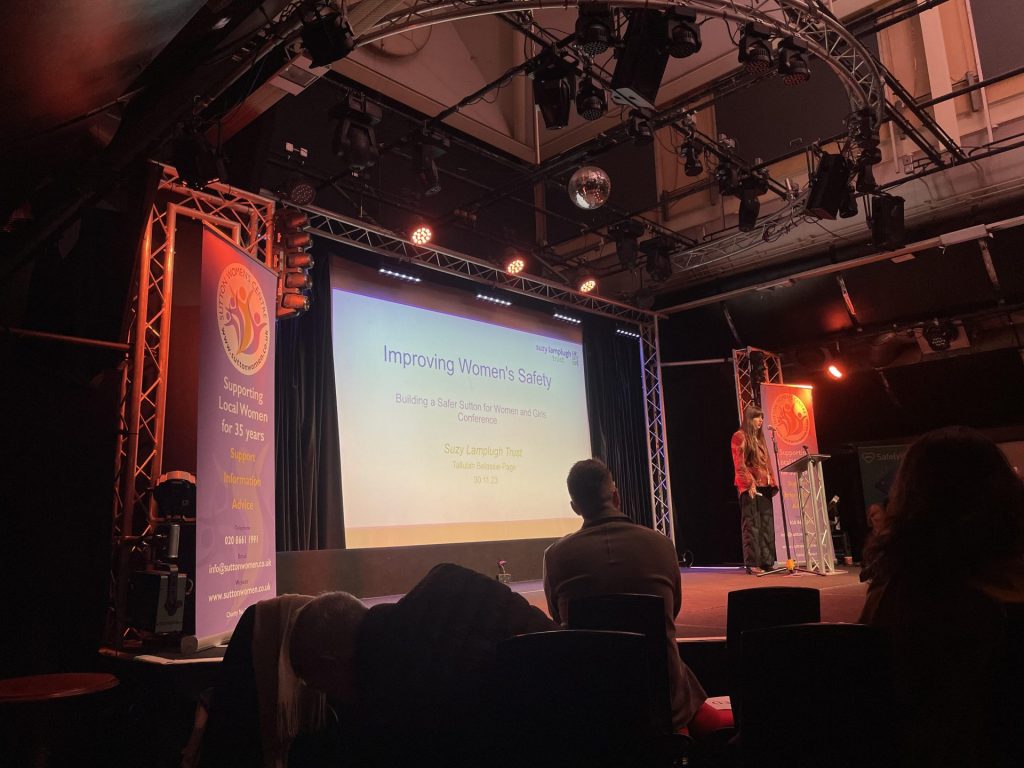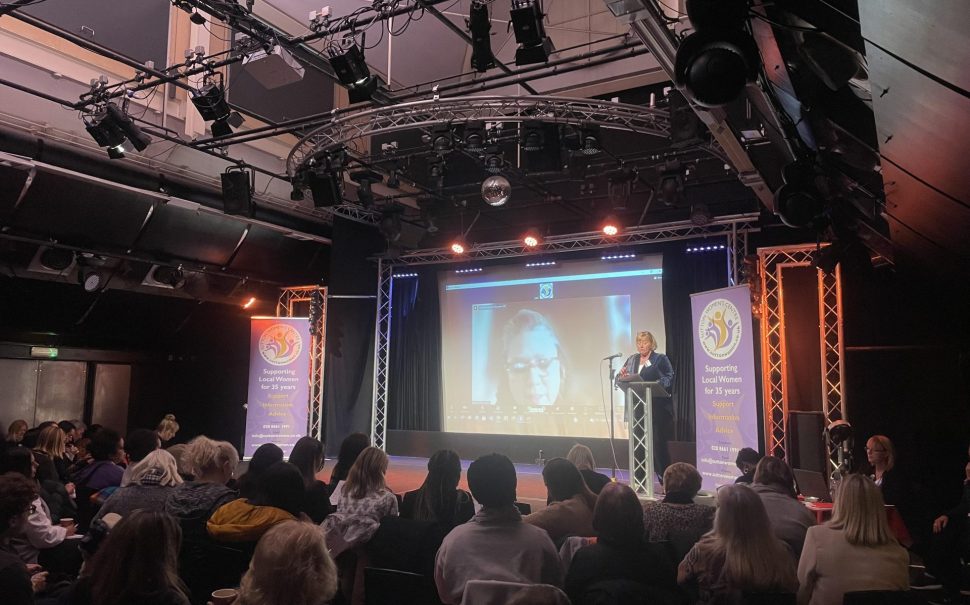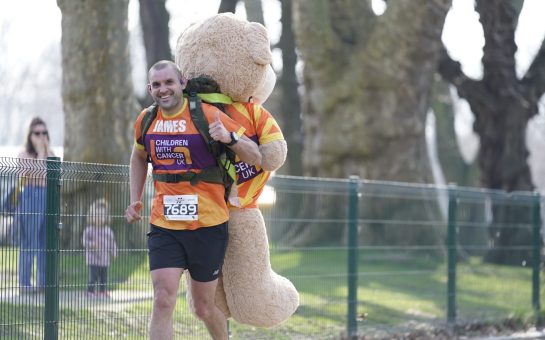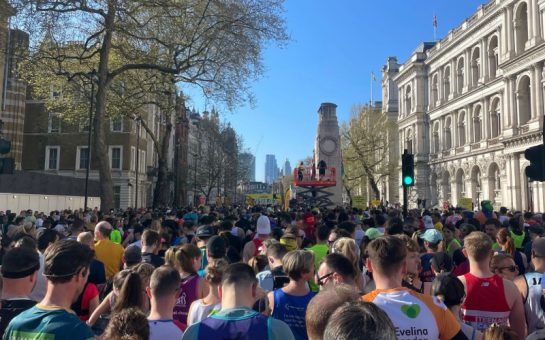A conference organised by Sutton Women’s Centre brought together attendees and speakers from across the borough and beyond in an aim to build a safer future for women and girls.
Building a Safer Sutton for Women and Girls was held on 30 November in the Cryer Arts Centre and featured a range of leading voices within the violence against women and girls (VAWG) sector, coinciding with the global awareness campaign 16 Days of Activism Against Gender Based Violence running from 25 November to 10 December.
The conference also announced the results of the Sutton Women’s Safety Survey 2023 by Roehampton University and commissioned by Sutton Women’s Centre and Reclaim Sutton’s Streets after both organisations recorded an over 70% increase in violence and abuse in the borough since lockdown.
Sue Calthorpe, chair of the Sutton Women’s Centre board of trustees, said in her opening speech: “We’re here to build a future where women put on trainers because they want to go on a run, not because they think they might have to.
“We’re not here to be alarmist, we’re here to make change.”
Thankyou @SuttonWomen conference ‘Building A Safe Sutton For Women and Girls’ Thanks to all our volunteers across SWC & Reclaim for all their hard work building the survey & running stalls. A massive thanks to @Mjple @karenwhybro @David_Challen @live_life_safe & all the speakers pic.twitter.com/8e7tm7jMkV
— Reclaim Sutton's Streets (@s_reclaim) December 1, 2023
So, what ideas shaped conversation at the conference?
Engaging men and boys
A considerable theme of the conference was the role men and boys have in the goal of eradicating gender-based violence – specifically, that it’s impossible to achieve without men.
David Challen, who successfully campaigned to free his mother after she killed his father in a landmark coercive control case, emphasised the importance of involving men: “We need to make women feel safer in society and to tackle male violence because women have been around this table for generations, and it’s vital we engage men.
“We also need to keep women’s voices at the centre of everything, because men can’t lead this work; it’s about collaborating with women and being inspired and using their voices for power.”
Targeted action from public bodies
Karen Whybro, a gender equality consultant and researcher working with councils and businesses seeking to tackle VAWG, said public bodies often try to find easy fixes to gender based violence.
For example, councils may hear women fear walking home in the dark, so they put resources and time into more street lights.
However, it’s not the dark that is frightening women or causing the violence, and Whybro posits focus should land elsewhere.
She instead raises the need for a zero tolerance stance against sexism from schools and businesses, initiatives like women’s safety charters as she’s worked on in Essex, and an emphasis on changing men’s behaviours instead of women’s.
Whybro said of the conference: “There’s lots of appetite in the room which is great to see people that want to change things for the better, have a new focus and push forward with this.
“It’s been really, really inspiring.”
The role of police
Police and their role in tackling VAWG took a significant amount of the limelight.
Tom Revell, acting Detective Chief Inspector for the Metropolitan Police and attendee of the conference, said: “We need to be better, right?
“Tomorrow needs to be better than today and the day after needs to be better than tomorrow.
“I think we take it a lot more seriously than ever before and we are very aware of what’s in the Casey report and our failings previously.”
The Sutton Women’s Safety Survey found the majority of women felt generally safer when there were police in pairs, while under 20% of women felt one officer or over five officers reinforced safety.
Many speakers noted women of colour were less likely to feel safer with police present, and recognised the effect of the Casey Report and the Sarah Everard case on trust in police.

While the conference was a space for debate, discussion and sometimes anger, the resounding feeling was that of hope.
Heather Smiles, counselling and outreach lead at Sutton Women’s Centre, said: “I think a real highlight for me was when the leader of the council said she was going to do something and one of our trustees, who is going to be 80 next year.
“I’m going to get emotional.”
Smiles began tearing up as she continued: “Our trustee put her head in her hands and started crying because she thought ‘wow, it’s actually made a difference’.
“That’s what this conference was all about, and it was so emotional to see.”





